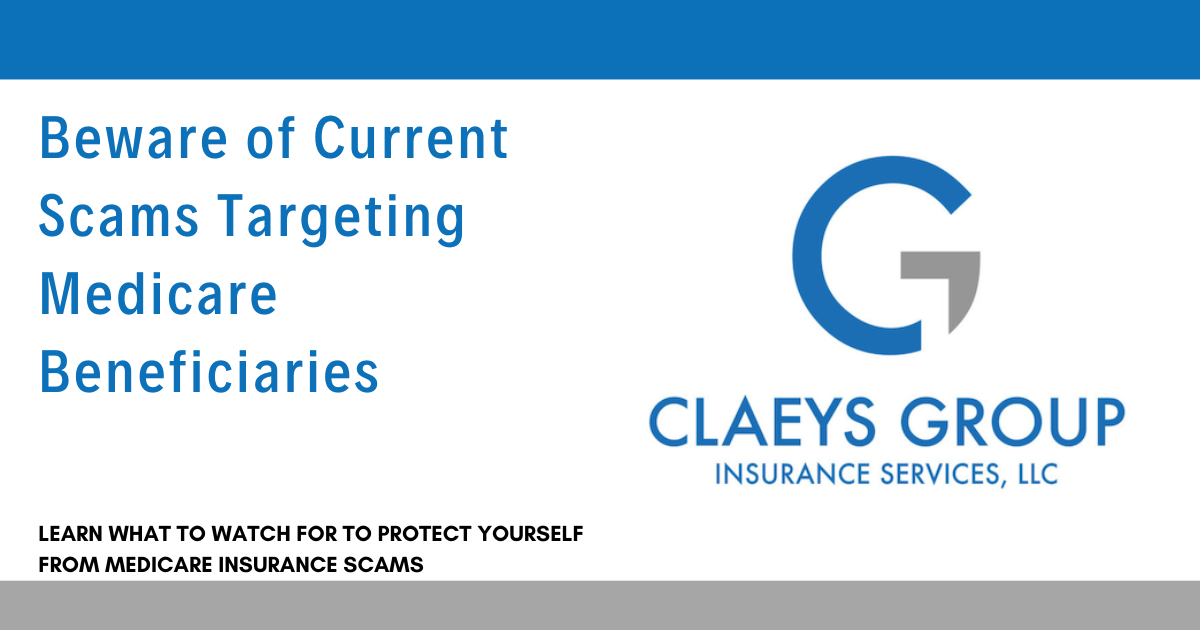
Keep an eye out for these Medicare Insurance Scams currently targeting seniors.
In 2024, seniors in the U.S. face several Medicare insurance scams, each designed to trick them into giving away personal information or money. Here are some of the most common Medicare scams identified:
To protect yourself from these scams:
Awareness and vigilance are key to avoiding these and other scams targeting Medicare beneficiaries.
Below, we have outlined in greater detail current scams that target seniors and Medicare beneficiaries. By familiarizing yourself with the specific details, you can prevent falling victim to these common Medicare scams and be able to quickly spot and identify potential attacks.
One of the latest scams you need to be aware of comes in the form of texts, emails, Facebook posts, etc. It poses a question asking if you have gotten your allowance of $3,500 being offered to seniors. That sounds enticing, but hold on; you need to be aware of how this really works.
That allowance can only be accessed by people who have both Medicare AND Medicaid. If you don’t have Medicaid, you will not be able to obtain that money.
Furthermore, only some of those individuals who have Medicare and Medicaid can access it. They also have to take out a particular Advantage Plan (again, this Advantage Plan is only for those with Medicare and Medicaid). It is an Advantage Plan that offers up to $3,500 of dental coverage. So, even if you have Medicare and Medicaid and you take out a particular Advantage Plan, you will not have access to $3,500. Instead, the plan offers up to $3,500 of dental coverage. It is a dental allowance.
However, that dental allowance has stipulations. One of those stipulations is: Individuals on this Advantage Plan must use dentists in the network. However, no dentist with a successful practice is in the network of that Advantage Plan.
Another stipulation is: One some of the more expensive dental procedures (where one might be able to use $3,500), there is a 50% copay. That means that, for every $100 or $200 or $1,000 of dental cost, the person on that Advantage Plan is paying half of each of those amounts for those dental procedures. And it may not cover some procedures at all.
So, when we fully learn how this works, we see this “offer” in a whole different light. Of course, those behind that “offer” do not share all these details. That is because they just want your information so they can scam you into selling you something. Don’t fall for it!
Another current scam sometimes comes via a phone call. The caller will ask: “Have you received your new Medicare card?”
The recipient of the call will then answer, “No.”
At this point, the caller will say something like, “Oh, really! You should have received your new card. You will need that card. If you give me some information, I will make sure you get it.” Then the caller will ask for information such as your Medicare number, possibly your social security number, etc.
If you receive this call, do not give the caller any of your information! This is a scam call.
First, Medicare will never call you. Second, Medicare will never send you a Medicare card without you first requesting one.
I know you are getting a lot of spam calls, or sales calls from people pitching Medicare plans, because I am getting those, too.
If the same person calls you again—and if you don’t want him or her to call you again—you can let him or her know that if they call again, you will report them to Medicare. It is likely that person won’t call you again.
Why? It is because those calls are illegal. Medicare has mandated that before a salesperson can call you about Medicare coverage, they have to have your permission first. Without that permission, that individual could be fined or lose his or her license to sell Medicare plans.
By the way, if a person is willing to break the law to try to sell you a Medicare plan, do you think you can trust that person? It isn’t likely.
Here’s how to spot potential scams and what to do:
Thank you for the privilege of serving you! Please let me know of any way I can be of help to you.
Who really wants to think about dying? Buying life insurance means we must face our…
When it comes to retirement planning, Social Security is one of the most important—and often…
Claeys Group Insurance Services has been named top life insurance agency in Tyler, TX…
This article details upcoming changes to Medicare with the Inflation Reduction Act, or IRA. What…
With the ever-changing changing economic landscape of late, and with many considering retirement at age…
The Donut Hole & Inflation Reduction Act The Inflation Reduction Act, passed by Congress in…
This website uses cookies.
Read More